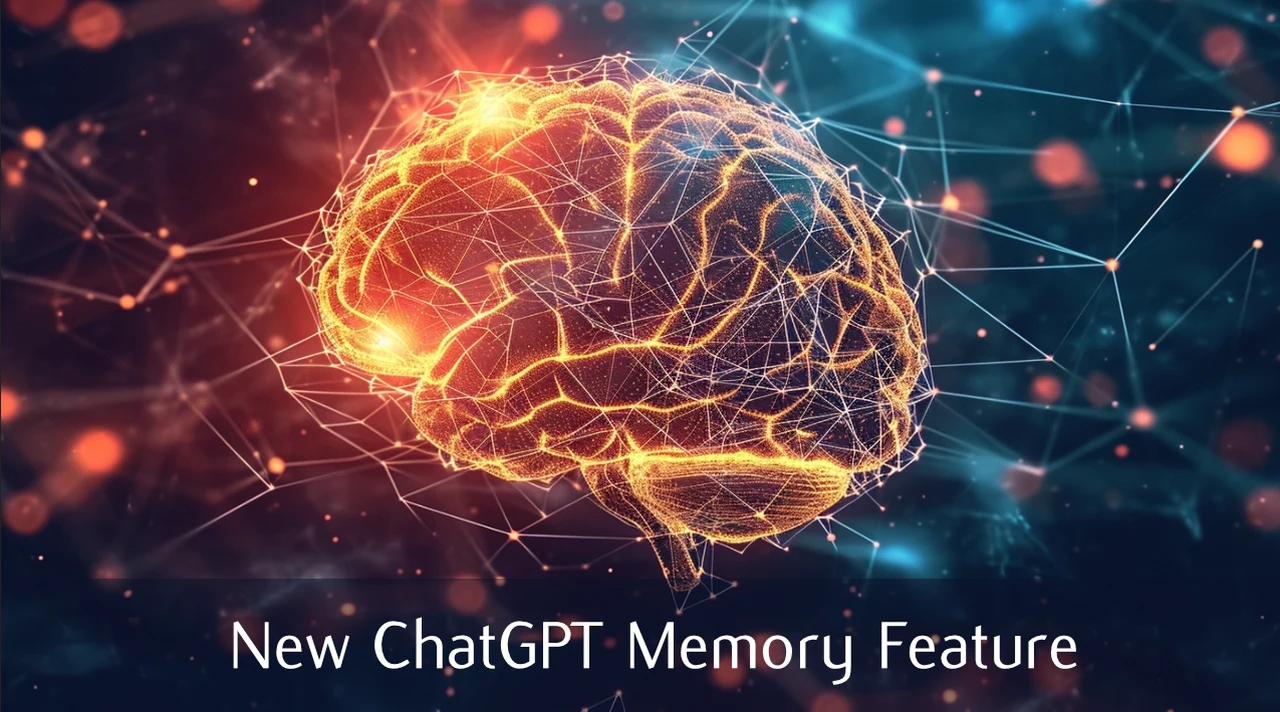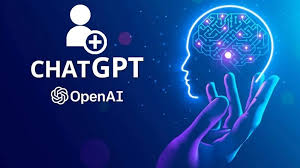Discover the latest innovation from OpenAI: the ChatGPT Memory Function. Explore how ChatGPT now learns to remember, enhancing its capabilities and interactions. Have you ever felt like you’re starting from scratch every time you chat with a virtual assistant? You tell them your preferences, only to have to repeat them later. Well, those days might be numbered for ChatGPT users. OpenAI, the company behind ChatGPT, recently introduced a new feature called “Memory” that allows ChatGPT to remember details about your conversations. This is a game-changer for anyone who uses ChatGPT regularly.
Contents
ChatGPT Memory Function
The ChatGPT Memory Function enhances user interactions by retaining context from previous conversations. This feature allows for more seamless and personalized exchanges, as ChatGPT can recall past topics, preferences, and details shared by the user. By leveraging this memory function, ChatGPT can provide more tailored responses, better understand user needs, and maintain continuity in conversations over time.
With the Memory Function, ChatGPT strives to create a more engaging and effective conversational experience for users, fostering deeper connections and more meaningful interactions. Leverage the new ChatGPT Memory Function to create an AI code assistant that remembers your coding preferences and habits, streamlining your workflow.
No More Repeating Yourself:
Imagine this: You’re planning a trip to Paris with ChatGPT. You tell it you’re interested in historical sites and museums. In the past, you might have had to remind ChatGPT of your preferences every time you asked about specific locations. But with Memory, ChatGPT remembers your interests and can tailor its suggestions accordingly. It can recommend museums based on your historical interest, suggest walking tours of famous landmarks, or even find restaurants with a focus on French cuisine. This saves you time and makes the conversation flow more naturally.

Learning and Adapting:
Memory isn’t just about remembering facts you explicitly tell ChatGPT. It’s also about ChatGPT learning your preferences over time. The more you chat, the better it gets at understanding your likes and dislikes. For example, if you often ask for vegetarian recipes, ChatGPT will start to prioritize those options when suggesting meals. This kind of personalization makes ChatGPT a more helpful and engaging companion.
You’re in Control:
While the idea of a remembering AI might sound a bit futuristic, OpenAI has designed Memory with user privacy in mind. You have complete control over what ChatGPT remembers. You can tell it to remember specific details, ask it what it remembers, and even instruct it to forget something entirely. There’s also a handy “Manage Memory” feature that allows you to fine-tune how ChatGPT uses your conversation history.
Benefits Beyond Casual Chat:
This new Memory function has the potential to be incredibly useful beyond casual conversation. Imagine using ChatGPT for work. You could tell it to remember deadlines, project details, and client preferences. This would allow you to have more focused and productive conversations, saving you time and effort.
Is Memory Perfect?
It’s important to remember that Memory is still under development. While it has the potential to be a powerful tool, there are always limitations with new technologies. For instance, there might be situations where ChatGPT misinterprets or forgets information. Additionally, the current rollout is limited, with Memory being offered to a select group of free and Plus users. However, OpenAI plans to expand access in the future.

The Future of Conversational AI:
The introduction of Memory is a significant step forward for ChatGPT and conversational AI in general. By enabling AI to remember and learn from past interactions, we’re moving towards a future where virtual assistants feel more like personal companions and less like chatbots. This paves the way for more natural, engaging, and productive interactions between humans and AI.
So, what does this mean for you?
If you’re a ChatGPT user, keep an eye out for the Memory feature. Once you have it, experiment with it and see how it can improve your chat experience. As for the future, we can expect even more advancements in conversational AI, making our interactions with virtual assistants even more seamless and personalized.
Conclusion
The introduction of Memory in ChatGPT is a glimpse into the exciting future of conversational AI. With AI that can learn and remember, we can expect a new level of personalization and assistance in our daily lives. Whether you’re planning a trip, managing work tasks, or simply having a casual conversation, ChatGPT’s Memory has the potential to make your interactions with AI smoother, more efficient, and ultimately, more human-like. So, get ready to experience a new era of chat – one where the AI remembers you, and the conversation flows as naturally as talking to a friend.



